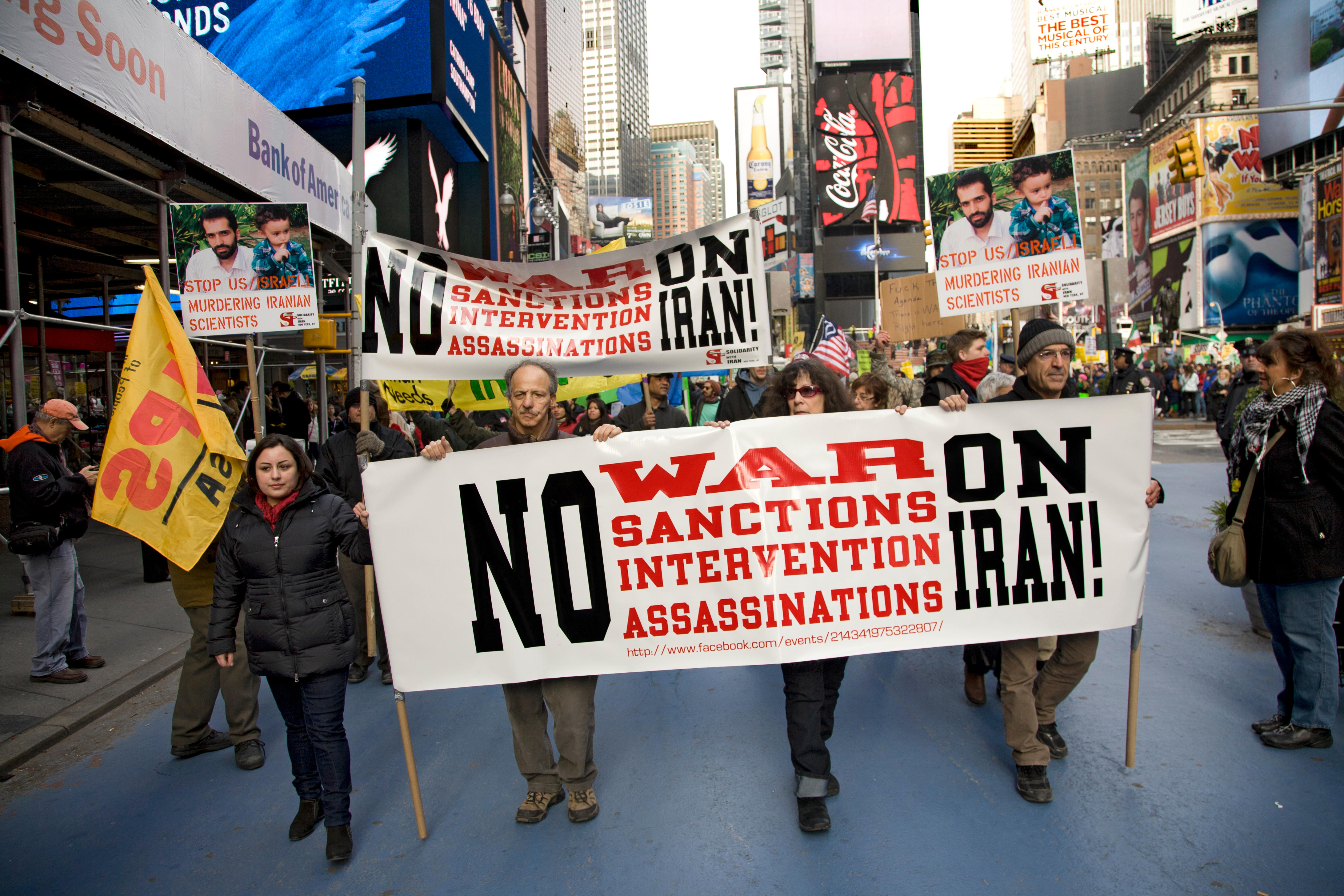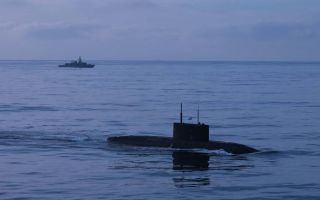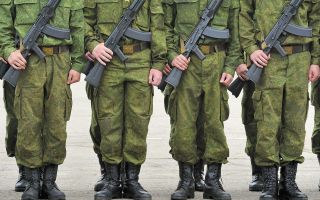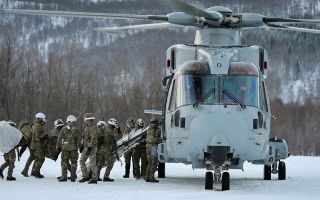What are international sanctions and how do they work?
Sanctions are penalties that countries can impose on each other to force a change of behaviour by diplomatic means, often to avoid military intervention.
Currently, the UK has financial sanctions on over 20 countries including Iran, Myanmar, Nicaragua, Venezuela and Russia.
The UK, as well as the EU and the US, have had sanctions imposed on Russia since it annexed Crimea in 2014.
In light of recent rising tensions between Russia and Ukraine, British foreign policy has been to lay down legislation in Parliament to provide a framework for the strongest sanctions regime the UK has ever had against Russia.
The move came after months of Russian troops and artillery amassing close to the Ukrainian border.
The Government now has the power to impose tough new sanctions to dissuade the Kremlin from persisting “with its aggression towards Ukraine” as Foreign Secretary Liz Truss has said.
- Defence Secretary: Russian forces could overwhelm Ukraine
- RAF fighters welcome US B-52 bombers back to Europe as Russia tensions build
- How might UK Forces be used to bolster European security amid Russia concerns?
However, what are sanctions and how do they actually work?
What are sanctions?
Sanctions are a form of economic warfare. Their aim is to dissuade a country from engaging in undesirable behaviour.
A form of punishment – sanctions are often financial. They can be levied against organisations or individuals.
A country can stop another country from importing and exporting certain commodities. Also, individual citizens of that country can be targeted, for example, their assets outside of their home country can be frozen.
This tactic was used against Russia following the annexation of Crimea in 2014. A group of wealthy Russian businessmen, believed to be well connected to the Kremlin, were targeted by US and UK sanctions.
The idea was that the economic hardship would lead the businessmen to use their influence politically.
The United States has imposed sanctions on some of their political foes such as Iran, Syria and Venezuela.
The first-time sanctions were used
Nation states have been waging economic warfare against one another since antiquity.
The concept of choking your enemy financially to wield them into submission is not new.
The first known use of sanctions dates to 432 BC when Athens banned Megarian merchants from trading in the markets of its vast empire.
Megara was put down on its knees – albeit economically.
However, it was not until the 20th century that economic sanctions became a prominent feature in international politics.

How effective are sanctions?
Sanctions are a step above verbal reprimand. The next stage if sanctions do not work and the situation escalates can often be war.
Countries could be sanctioned for persuing belligerent policies towards their neighbours, for attempting to start a nuclear weapons program for example, or refusing to disarm, or for failing to improve on Human Rights.
The former US President was a big fan of sanctions. While Donald Trump was in office his administration added 1,000 individuals and companies to sanctions lists.
Among those was Iran and North Korea, who were slapped with tighter embargoes.
Officials in Cuba, Russia and Syria also made the ever-expanding list. While the assets of Venezuelan leaders were frozen.
However, the sanctions against Venezuela did not start with Trump. In 2015, President Obama declared a national emergency and implemented targeted sanctions against the South American country due to the perceived political corruption of the Maduro government.
Venezuela was once the largest economic power in Latin America but today is one of the most poverty-stricken countries in the region.
Sanctions levied by the US and the EU have propelled the country into economic decline with what some international observers have suggested is a dire humanitarian impact.
Ordinary citizens of Venezuela have suffered greatly as a result, according to the 2020 Global Report on Food Crises (GRFC 2020).
Around a third of the population is food insecure due to over 50% of food consumption has been impacted by sanctions on imports, the report suggests.
While the presidency of Nicolás Maduro has been under dispute since 2019, he remains the de facto leader.
What Brexit means for UK sanctions
Post-Bexit, the UK has had the right to implement an independent sanctions policy since 31 December 2020.
In the case of Venezuela, the UK has decided to uphold the sanctions which were agreed upon with the EU in 2017.
However, the new sanctions package that the UK has instigated for Russia is unprecedented, since the UK has had the right to act on its own.
Minister for Europe, James Cleverly, told the House of Commons: “This will amount to the toughest sanctions regime against Russia that we have had and mark the biggest change in our approach since leaving the European Union.”
The extensive sanctions are said to be prepared to not only target the Russian government and strategic sectors but could also hit Russian oligarchs with business and assets in the UK and British overseas territories.
The sanctions would come into effect only if Russia invaded Ukraine.
Cover image: Venezuela's President Nicolas Maduro waves to supporters during a rally to reject the sanctions that the US government seeks to impose on officials accused of human rights violations, in Caracas on December 15, 2014. (Picture Alamy)








